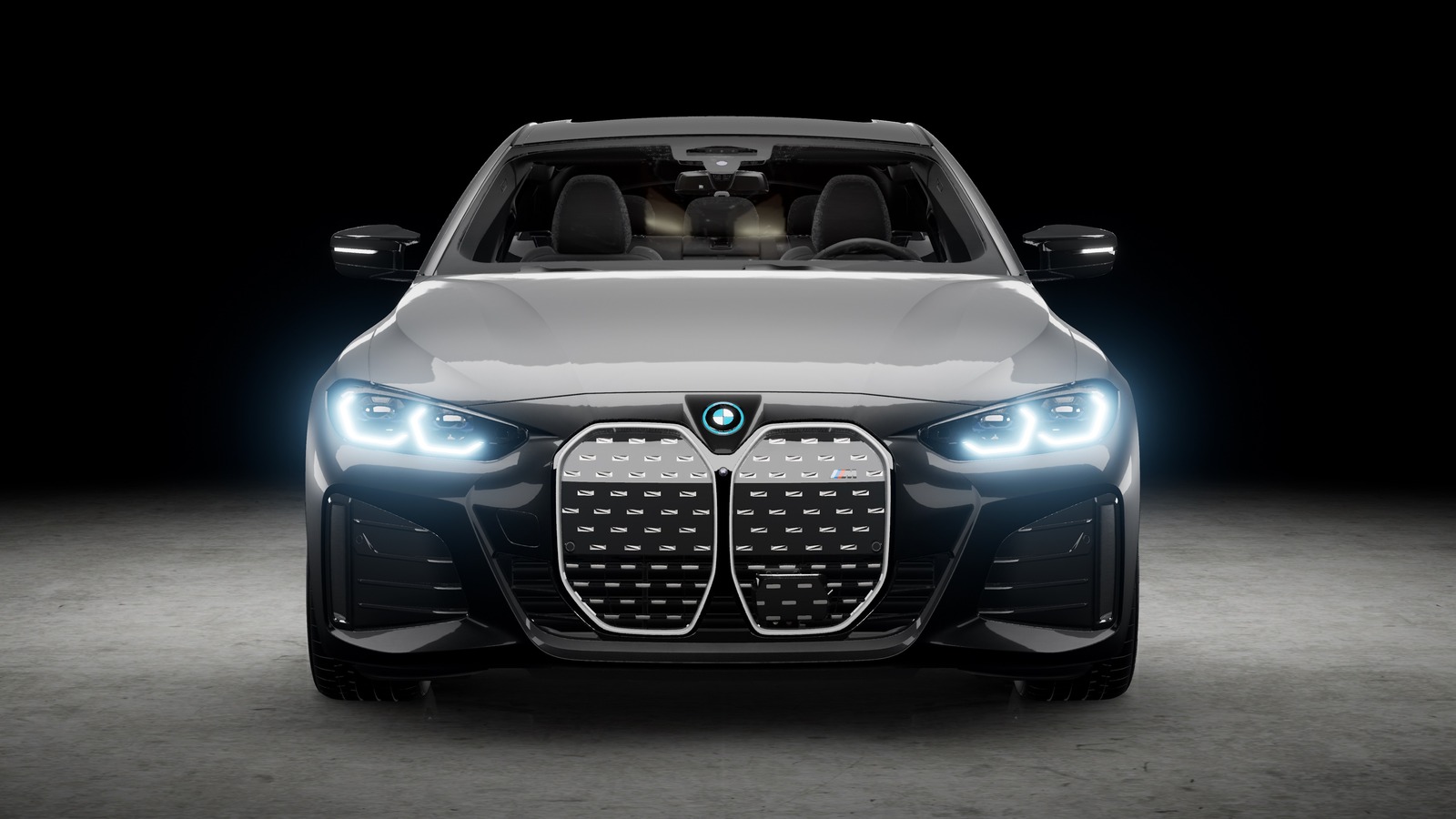BMW Is Testing In-Wheel Motors That Could Give Sports Cars A Future Beyond Gas Engines

According to BMW, DeepDrive's hub mounted electric motors work very differently from conventional motors. While electric motors on traditional EVs feature a stator that moves either an internal or external rotor at any given time, DeepDrive's technology features a dual-rotor concept. This lets the stator drive both the internal and external rotors simultaneously.
This technology essentially lets BMW (or any carmaker adopting the technology) implement an in-wheel drive system. In this system, each of the individual wheels is powered by a separate hub motor. What makes this technology more interesting is the fact that it can also be used with a traditional centralized drive system used by most EVs of today.
BMW claims several advantages of using DeepDrive's hub mounted electric motors over traditional ones. To begin with, these motors are compact, lighter, and more energy efficient than traditional motors. The more straightforward design also makes them less expensive to manufacture.
These motors are also highly scalable, which means they can be deployed on vehicles of various kinds, ranging from sports cars to pickup trucks. DeepDrive not only expects to bring its hub mounted motor technology to a production car soon, but is also hoping that more EV makers collaborate with them for integrating this technology on their next-gen EVs. Given that BMW's first test mule featuring these motors was a sports car, chances are, we may see that car in a production avatar in the future.
It could even appear on one of BMW's newer electric SUVs[1].
References
- ^ BMW's newer electric SUVs (www.slashgear.com)